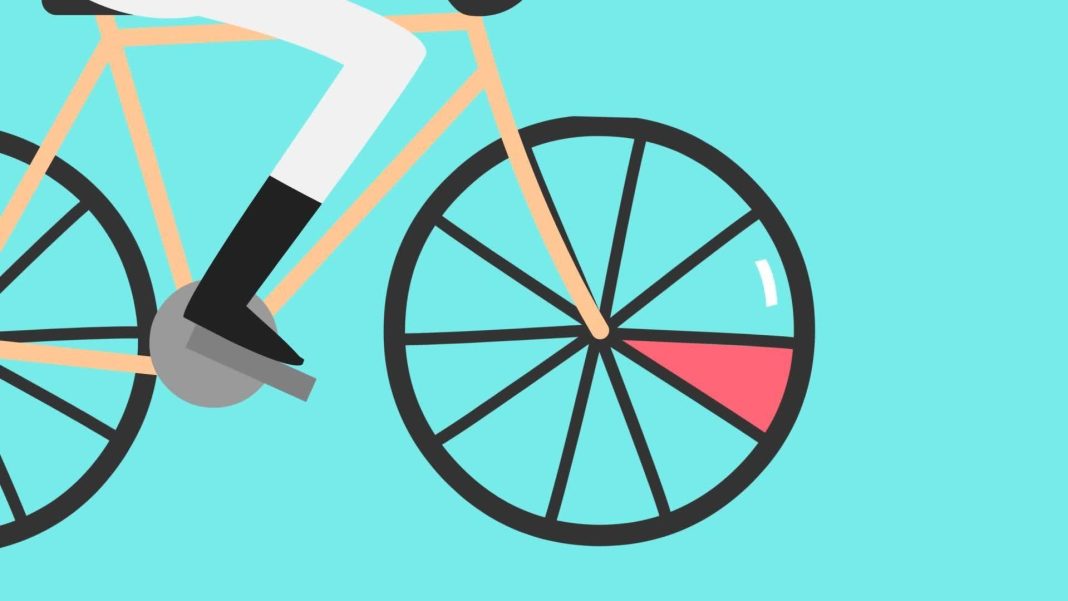Protesters who were arrested during demonstrations against Israel’s war on Gaza outside the Democratic National Convention (DNC) have reported injuries from police violence that required hospitalization. They also claimed to have been denied access to attorneys or medication while in custody. The National Lawyers Guild Chicago, a nonprofit legal support organization, stated that 13 individuals were arrested by the Chicago police during the protests. The majority of those arrested were participating in the main, permitted march that included about 3,500 protesters. Some protesters breached a security fence but were quickly pushed back. Two other individuals were arrested during a separate rally for transgender rights and abortion rights. The charges filed against the protesters are mostly misdemeanors, including criminal trespass, criminal damage to property, and one case of reckless conduct.
Chicago Police Superintendent Larry Snelling, who heads the department, commended his officers for showing “great restraint” during the protests. However, two protesters were hospitalized due to injuries sustained during their arrests. Matthew McLoughlin, who coordinates defense attorneys with the National Lawyers Guild, confirmed that force was used by officers on the protesters in both cases. Another demonstrator was hospitalized after suffering a panic attack during an arrest and was later cuffed to a wall with tight restraints, causing severe swelling to her joints. The police initially denied a protester’s request for access to medication, but officers allowed for hospitalization only after multiple complaints by attorneys.
Activists who were beaten by police during protests against the war in Gaza at the DNC headquarters last November filed a lawsuit against Washington, D.C., police just days before the convention. The lawsuit’s allegations of police brutality raised concerns about possible police violence in Chicago. The activists are marching to call for a ceasefire in Gaza and for the U.S. to stop sending military aid to Israel. Inside the convention, a group of “Uncommitted” delegates and a growing number of Kamala Harris delegates have been pushing for the party to include an arms embargo on Israel in its platform. They also advocate for Palestinian Americans to speak from the main stage. Most speakers at the convention have ignored the issue of Israel and Palestine, with only three speakers mentioning it.
Outside the convention hall, officers pursued and targeted protesters who were leaving the area after dispersal orders, arresting them as they made their way to public transit or ride-share drivers. McLoughlin, who has provided legal aid to protesters in Chicago for the past seven years, noted an increase in the aggression of law enforcement responses since the start of the DNC. He believes that the show of force from the Chicago police is meant to deter free protests and chill First Amendment speech.
The Poor People’s Army, a group of low-income families, organized a peaceful march toward the edge of the security perimeter along the United Center. They aimed to make a “citizen’s arrest” of the Democratic Party for crimes against humanity, referring to the Biden administration’s funding and arming of Israel. The group was met by a large number of officers dressed in riot gear. Cheri Honkala, co-founder of the Poor People’s Army, was arrested during the protest and charged with misdemeanor disorderly conduct. Honkala criticized the police for making themselves “judge and jury” for who gets to exercise their First Amendment rights.
McLoughlin criticized law enforcement for not following the Pretrial Fairness Act, which abolished cash bail and allowed officers to cite and release people suspected of minor offenses. He also highlighted the difficulties attorneys faced in locating and communicating with protesters in custody. McLoughlin believes that the aggressive policing of protests during National Security Events is part of a larger pattern to silence protesters before they even begin.
Honkala, who was released at 2 a.m. after a struggle to locate her, expressed surprise at the treatment they received considering the peaceful nature of their rally. She emphasized that her group takes an oath of nonviolence before each march to protect themselves from police violence. Honkala’s personal experience with police violence hits close to home, as she lives near the home of Eddie Irizarry, who was killed by a police officer last year. The protesters are committed to nonviolence because they value their lives and the lives of their children.

